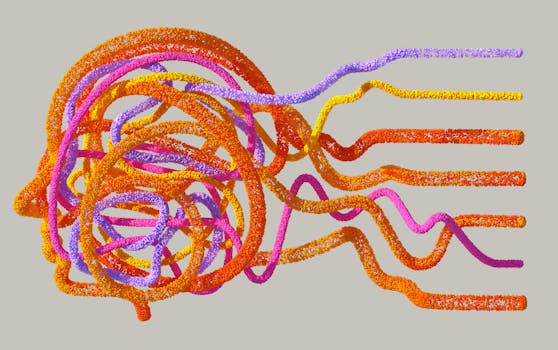+17162654855
+17162654855
DMV Publication News serves as an authoritative platform for delivering the latest industry updates, research insights, and significant developments across various sectors. Our news articles provide a comprehensive view of market trends, key findings, and groundbreaking initiatives, ensuring businesses and professionals stay ahead in a competitive landscape.
The News section on DMV Publication News highlights major industry events such as product launches, market expansions, mergers and acquisitions, financial reports, and strategic collaborations. This dedicated space allows businesses to gain valuable insights into evolving market dynamics, empowering them to make informed decisions.
At DMV Publication News, we cover a diverse range of industries, including Healthcare, Automotive, Utilities, Materials, Chemicals, Energy, Telecommunications, Technology, Financials, and Consumer Goods. Our mission is to ensure that professionals across these sectors have access to high-quality, data-driven news that shapes their industry’s future.
By featuring key industry updates and expert insights, DMV Publication News enhances brand visibility, credibility, and engagement for businesses worldwide. Whether it's the latest technological breakthrough or emerging market opportunities, our platform serves as a bridge between industry leaders, stakeholders, and decision-makers.
Stay informed with DMV Publication News – your trusted source for impactful industry news.
Industrials

**
The job market is undergoing a seismic shift, and entry-level positions are feeling the impact most acutely. As artificial intelligence (AI) and automation technologies rapidly advance, businesses are increasingly relying on these tools to perform tasks previously handled by entry-level employees, resulting in a noticeable decline in available roles for new graduates and young professionals. This trend raises serious concerns about career prospects for younger generations and the overall health of the job market. Keywords like AI job displacement, automation impact on jobs, entry-level jobs decline, and artificial intelligence workforce, reflect the growing anxieties surrounding this phenomenon.
The adoption of AI and automation is not limited to specific sectors. Across industries, from customer service to data entry, and even creative fields, AI-powered tools are proving more efficient and cost-effective than human labor, especially for repetitive or easily codified tasks. This directly affects entry-level roles, which often involve these types of functions.
This isn't to say AI is entirely replacing human workers, but it's changing the nature of work and creating a skills gap. Businesses are now less reliant on entry-level employees for tasks that are easily automated, shifting their focus towards hiring individuals with more specialized skills.
The decline in entry-level roles is exacerbating the existing skills gap. While AI is automating many entry-level tasks, it's also creating a demand for specialized skills in AI development, data science, and cybersecurity. This presents a challenge for new graduates who may lack the advanced skills needed for these emerging roles. Consequently, bridging the gap between the skills available and the skills needed requires a multi-pronged approach.
These changes necessitate a fundamental shift in how we approach education and workforce development. The focus must move beyond simply obtaining a degree to acquiring the skills needed to thrive in an AI-driven economy. This includes promoting digital literacy and encouraging participation in relevant training programs.
Addressing this complex issue requires collaboration between governments, educational institutions, and the private sector.
The decline in entry-level roles is a significant challenge, but it is not insurmountable. By proactively addressing the skills gap, investing in education and reskilling initiatives, and promoting a culture of lifelong learning, we can navigate this transition and create a more equitable and prosperous future of work. The key is to view AI not as a threat, but as an opportunity to reshape the job market and create new and exciting opportunities. While navigating terms like AI job losses and automation workforce, we must focus on creating a future where technology complements human capabilities, leading to greater productivity and innovation. The focus needs to shift towards higher-level thinking roles, leveraging AI to enhance human potential. The future demands adaptability, creativity, and a willingness to embrace change.